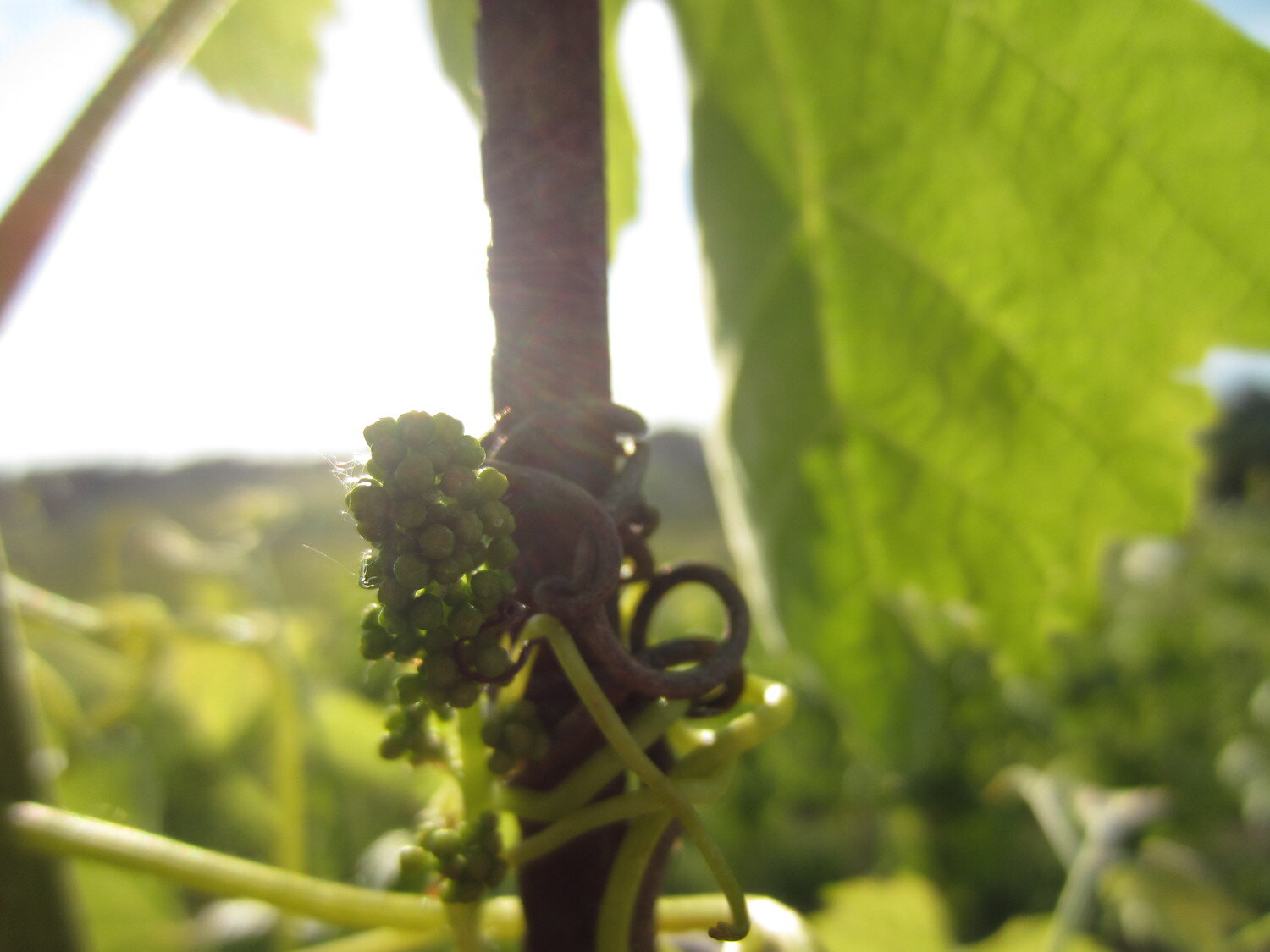The Art of Becoming
I’ve been a teacher for seven years. My classrooms have been diverse: working farms, wilderness areas, and brick and mortar schoolrooms. Universally, the most rewarding part of being a teacher has been bearing witness to my student’s “A-ha” moments. I say bearing witness, because no good teacher would claim that they produced these “A-ha” moments—the most any teacher can do is create conditions conducive for profound learning to take place, and from there the student is responsible for making the magic happen. Indeed it works this way outside of formal scholastic settings too. To have an idea become part of the fabric of our being it has to—at some point—feel as though it is coming from us, rather than to us, a personal revelation that recalibrates the way we see the world.
When I began the collection that is the foundation stone of this website—Collective Wisdom—I realized with some measure of disappointment and also a good deal of relief that the wise people in our world whose work I was reading regarding the human experience were all saying the same things. Not word for word, but their core ideas were comparable. And yet, despite this enduring collective wisdom, each individual must rediscover the pulse of the human experience for him or herself.
Several years ago when one of my personal “A-ha” moment was beginning to crystalize, I was charged with teaching a sixth grade science course that began with a unit on plate tectonics. The unit guide I was given advised me to make a pudding (to represent magma) and layer cookies on top (to represent the plates making up the Earth’s crust), and heat the confection and watch the show. The cookies would jiggle on the heated semi-solid pudding, and the young scientists would understand the world in miniature. In truth, it seemed like a lot of work on my end, and a big leap on my students’ end, to equate a small bowl of pudding with the Earth.
Perhaps it also seemed like an insufficient lesson, because just a month prior to teaching that unit on plate tectonics, I’d been a student myself on a backpacking course in the Wind River Range where giant, shifting boulder fields had been my first tangible lesson on the Earth’s fundamental tendency to shift and change. This “A-ha” moment, of the uncertainty of the world we live in shattered me. I cried for hours in camp that night, wishing to un-learn what I knew, and knowing that I couldn’t. It seemed unlikely that pudding and cookies would create the conditions for this same kind of learning.
In a recently aired conversation with Krista Tippet, Dr. Xavier Le Pinchon, the French geophysicist who helped create the field of plate tectonics stated: “I was educated in a world that we call “fixist.” Things were not moving. And we discovered that was completely wrong. Actually, the Earth is an extraordinary living being with motions of the oceans and continents and thousands of miles and continuously changing, evolving.” It was 1968 when Pinchon formally introduced this idea to the world. Darwin’s publication of On The Origin of Species predated Pinchon’s discovery by 109 years. The ideas of plate tectonics and species evolution that move on the scale of geological time seem to me to beg the question of change on the scale of human time. Are we, in tandem with our species changing over the long haul, fundamentally changing as individuals over the course of our short lives?
The notion of “Human Becomings”—that we are individuals in progress, always unfolding over the course of our lives—is not original, and still it has been one of the grandest revelations of my life thus far. It was the “A-ha” moment of my twenties, and it continues to fuel my studies now. This sense that we are all human becomings is an intuitive one, born out of self-study. But like all ideas (unless you are a rare bird like Darwin, who even must share some of his limelight with Wallace) this idea is a shared idea by many people.
In the recently aired Invisibilia podcast: “The Personality Myth” co-hosts Lulu Miller, Hanna Rosin and Alix Spiegel explore the question of “whether there is such a thing as a stable personality.” Psychologist Walter Mischel, in a follow up article about the podcast states: “It’s no wonder that we’re drawn to this idea that personality is important and stable. It makes us feel better…when it comes to human beings, we really don’t have tolerance for realizing that there is an enormous amount of instability…” If fear is one side of the coin, Mischel points out, possibility is the other. The possibility of growing and changing into someone kinder, someone more patient, someone more compassionate.
Still, if the world under our feet is shifting (albeit slowly) and the people around us are shifting, then we are left to navigate our lives without the hope of clear direction and without the possibility of guarantees. We are good at building up a false sense of security and making plans that feel immutable, but the world is even better at reducing these fairytales to dust. If the revelation of my twenties was the reality of the uncertainty of the world and all of the inhabitants of the world, myself included, the question that I hope will guide my thirties is: how can I acknowledge the fear that accompanies this instability while simultaneously breathing into the possibilities?
